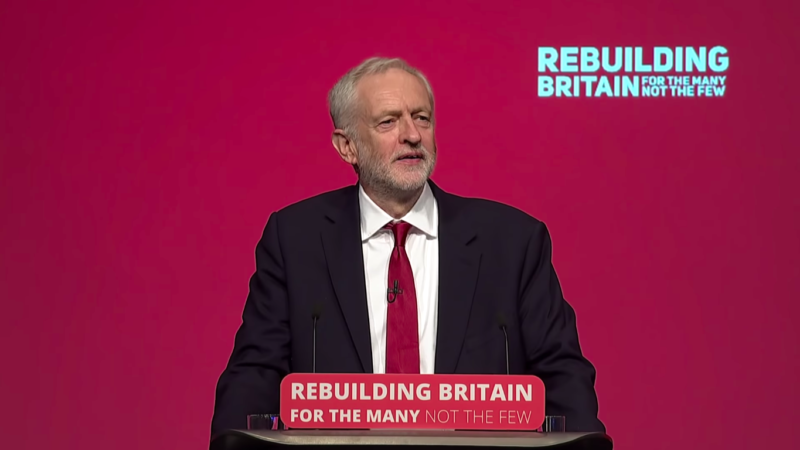
Labour’s leadership elections have finally come to a close, and the results will be announced tomorrow morning via… a press release. Perhaps a fitting end to a remarkably dull contest, which is unfortunately set to conclude amid a pandemic. LabourList will report on the breaking Labour news and provide relevant analysis, of course. And before the new leader, deputy leader, Scottish deputy and national executive committee members are unveiled, we must recognise that this is the last day of Jeremy Corbyn’s leadership of the Labour Party.
Andrew Harrop, general secretary of the Fabian Society, has shared his thoughts on the Corbyn era in a piece for LabourList. He starts with the acknowledgement that Labour now has fewer MPs than at any time since the Second World War. It is quite right to mention this fact: Labour is a party that exists to meet the needs of working people, and seeks success in parliamentary elections. Achieving that success at a time when the party was so at odds with the voters it needed to win over on the dominating issue of the day – I’m talking about Brexit – would always have been near impossible, I believe, but Labour basically being a shambles didn’t help.
The key positive of the Corbyn years that Harrop identifies is that “the party stopped being scared of its own shadow”. This is a crucial point, and one that we must not forget going forward. The party had been suffering from extreme timidity, which meant it was neither here nor there on the big questions. Under Corbyn, Labour was definitely ‘there’ on austerity, on universalism, on shifting power from the few to the many. That was not to say it didn’t engage in some triangulation of its own – Brexit, again, but also on other sticky issues – nonetheless its boldness was hugely appreciated.
A lot of hurt was caused. While party culture became incredibly exciting for lots of members, enthusiastic about the hope that Corbyn had inspired, there was also a toxicity to the political battles held in some local parties. It could be that you were assigned a factional label, which frequently had little to do with your actual views, and were then torn down in a very personal way by supposed comrades. Delighted by the size of the membership (and rightly so), the leadership seemed to underestimate to what extent these grassroots dynamics were diminishing the party as an electoral force.
Decisions were taken, as well as put off, that allowed an antisemitism crisis to dominate the Corbyn era. The leadership’s highly defensive attitude – a devastating consequence of the 2016 challenge – meant that too often constructive criticism was received badly and people found to be in the wrong were protected on the basis of their factional allegiance rather than whether they deserved it. The result of this mess is Labour being investigated for institutional antisemitism by the Equality and Human Rights Commission.
Labour members are overwhelmingly in favour of the policies put forward in the 2017 and 2019 manifestos, as polling exclusively revealed yesterday by LabourList found. The teams of Corbyn, John McDonnell and other shadow cabinet members, as well as many trade unions, worked hard to develop these policies, and their efforts deserve thanks. It doesn’t look likely that members will be selecting a Corbynite as Corbyn’s successor, however. According to surveys, their main priorities are electability and an ability to unite the party. The scale of the challenges ahead for Labour’s next leader are impossible to overstate.
Sign up to LabourList’s morning email for everything Labour, every weekday morning.



More from LabourList
‘Council Tax shouldn’t punish those who have the least or those we owe the most’
Two-thirds of Labour members say government has made too many policy U-turns, poll reveals
‘Two states, one future: five steps on the path to peace for Israelis and Palestinians’